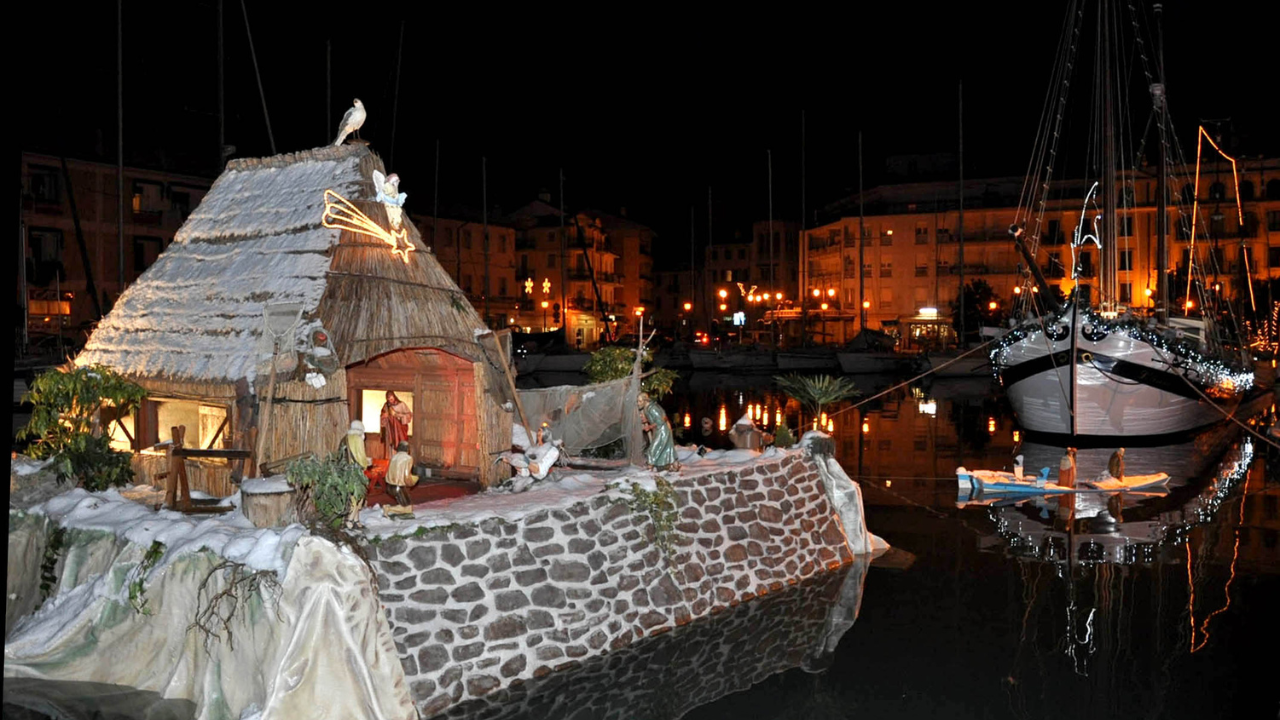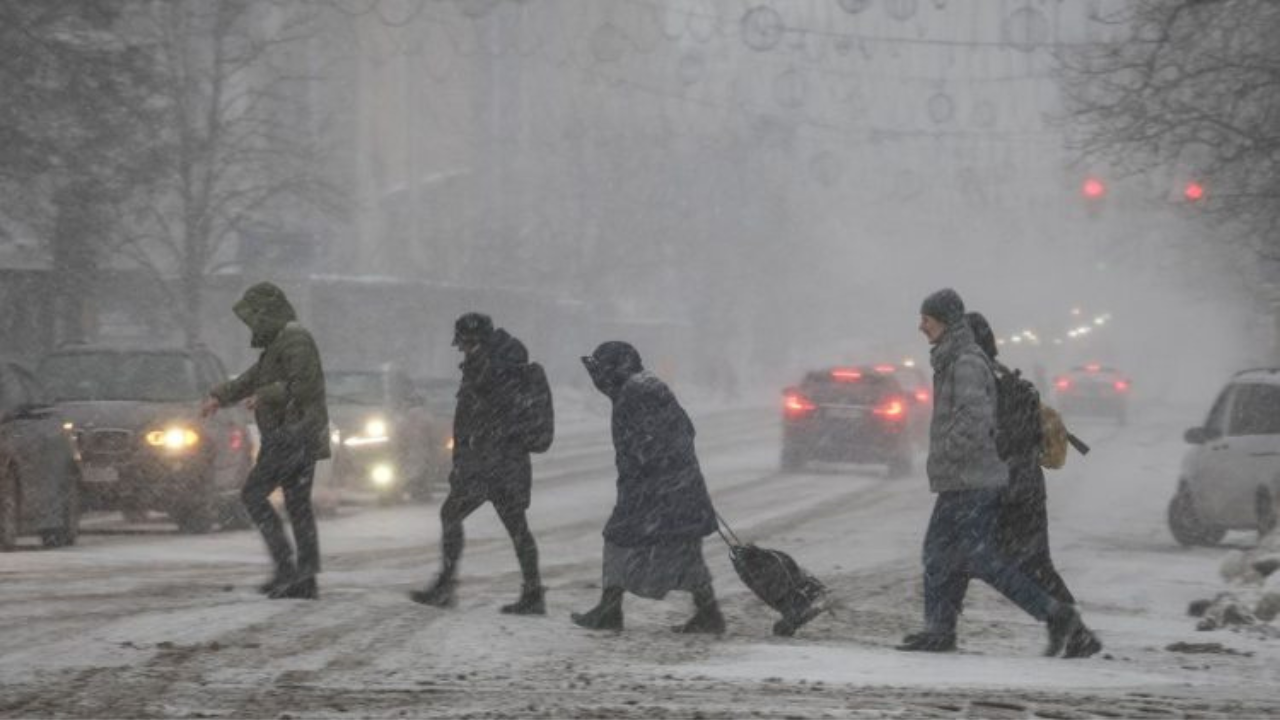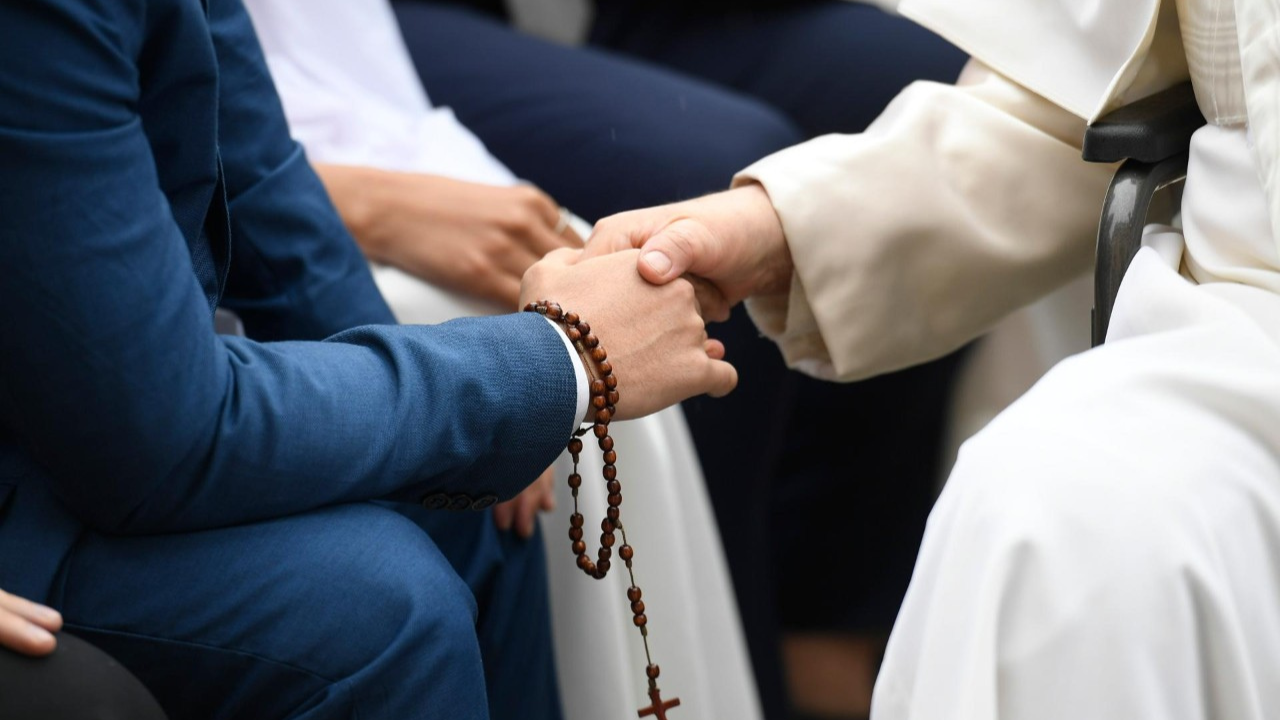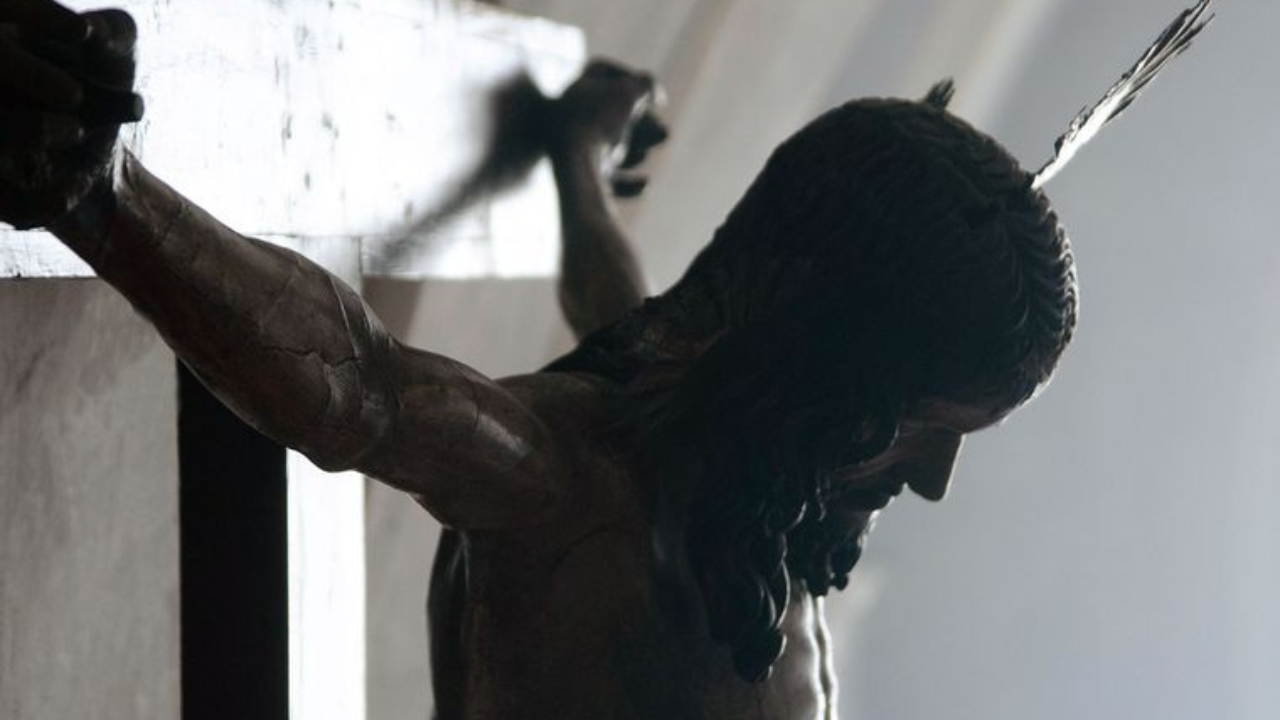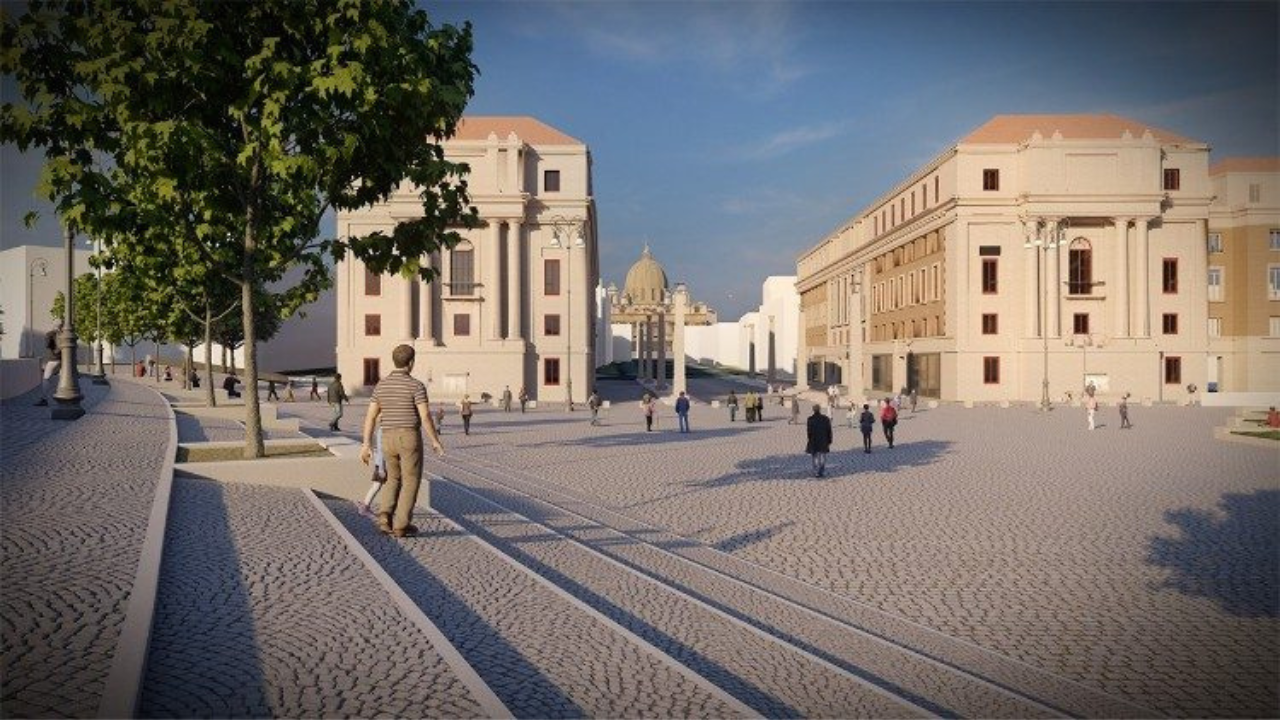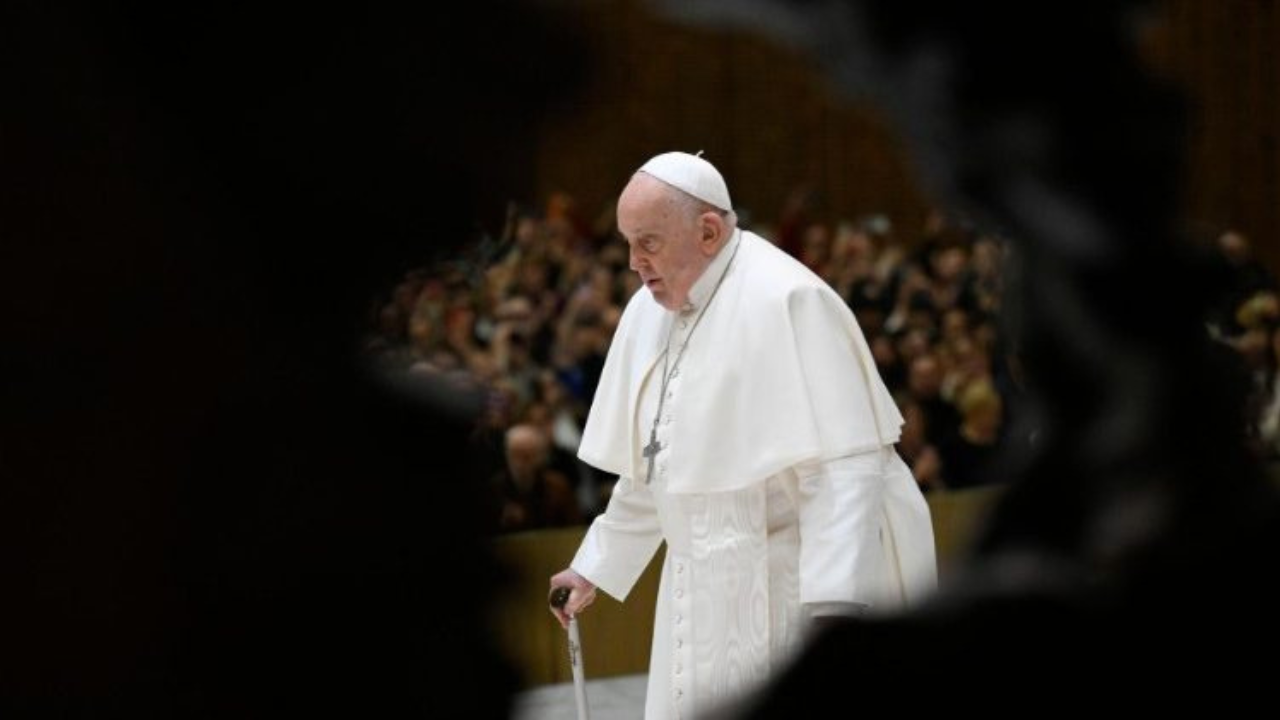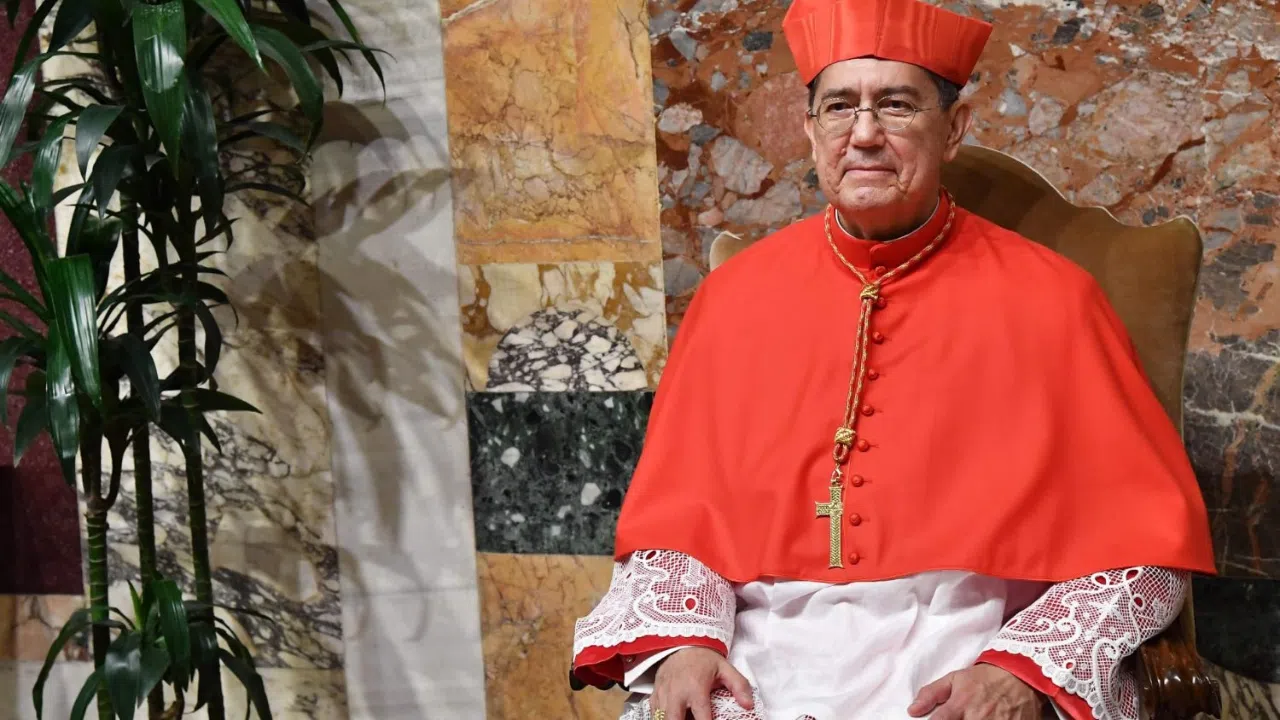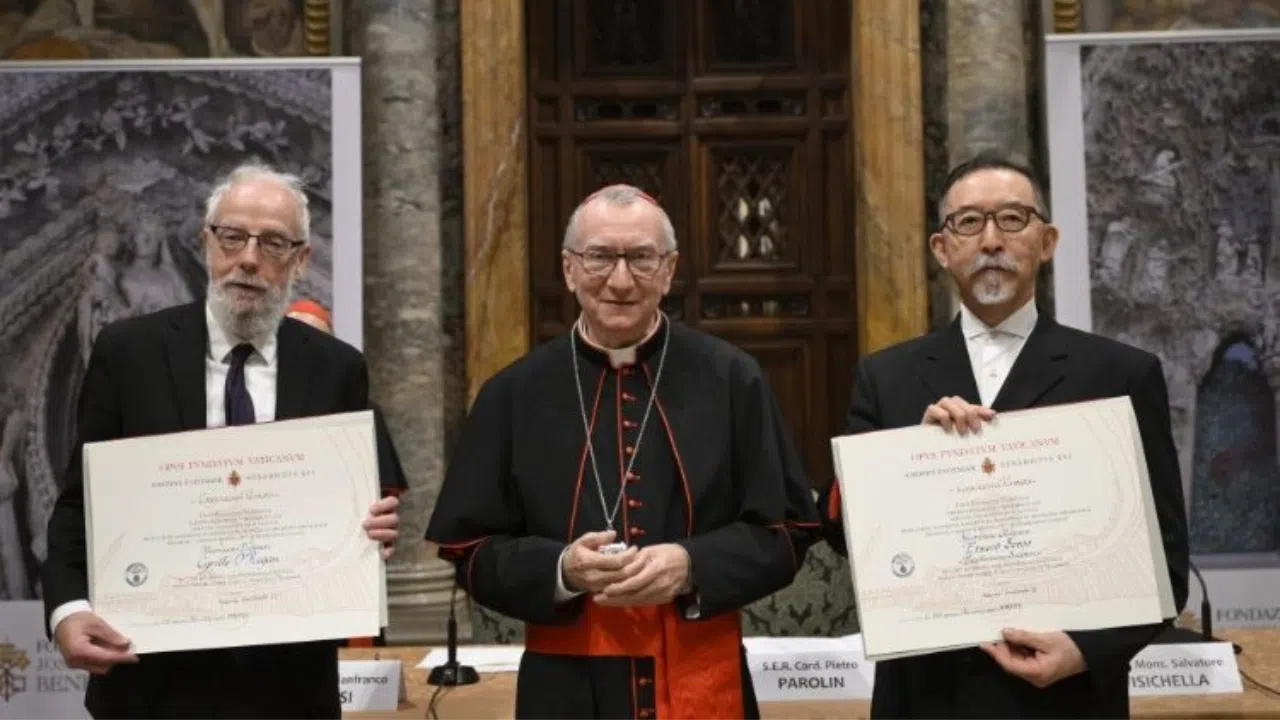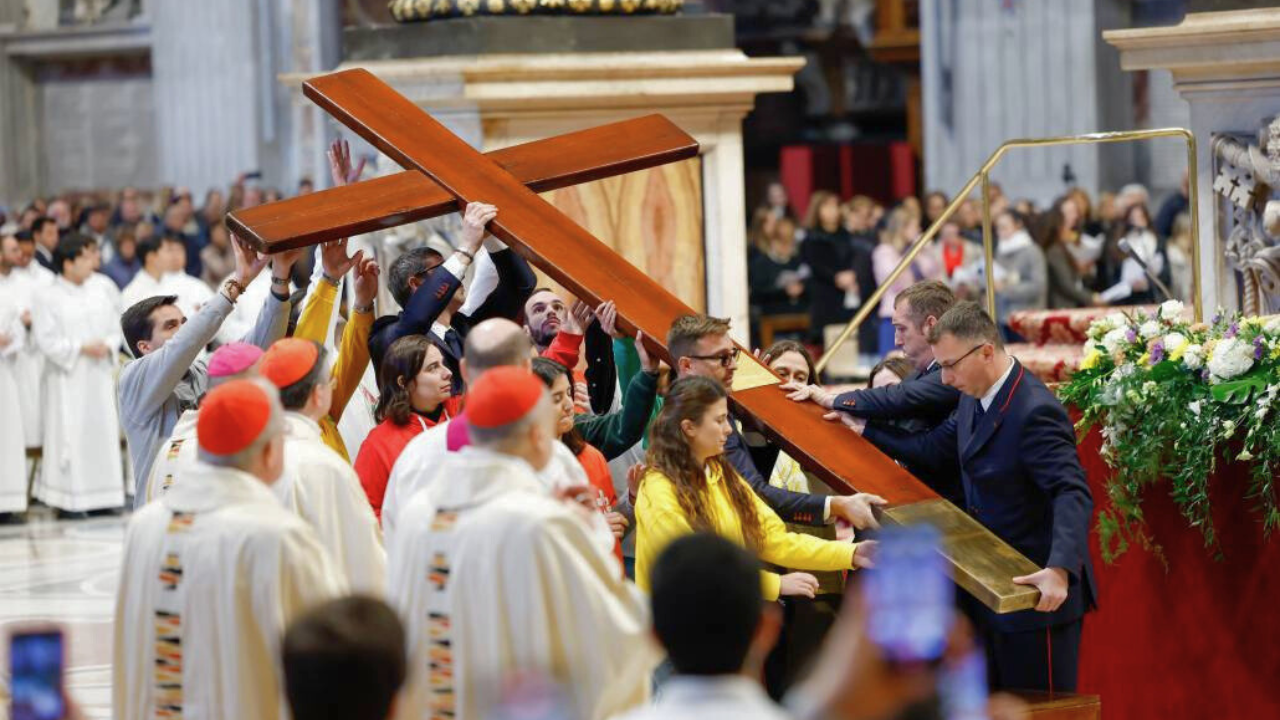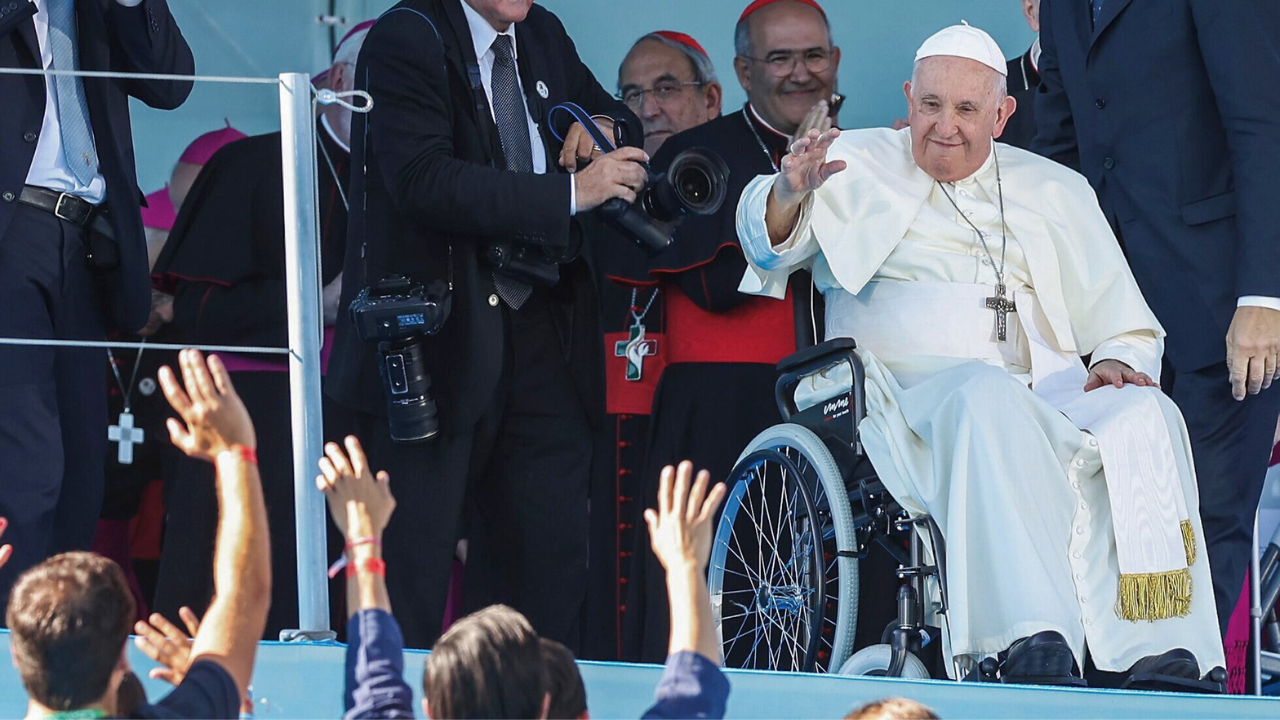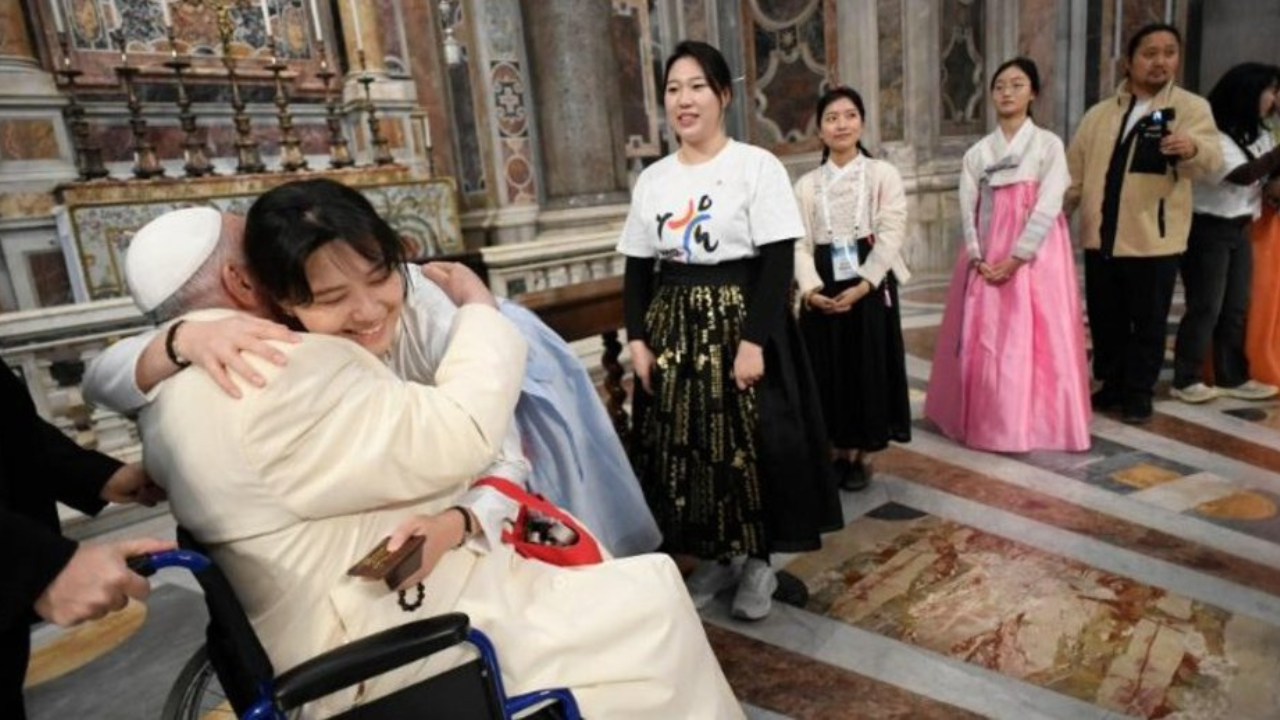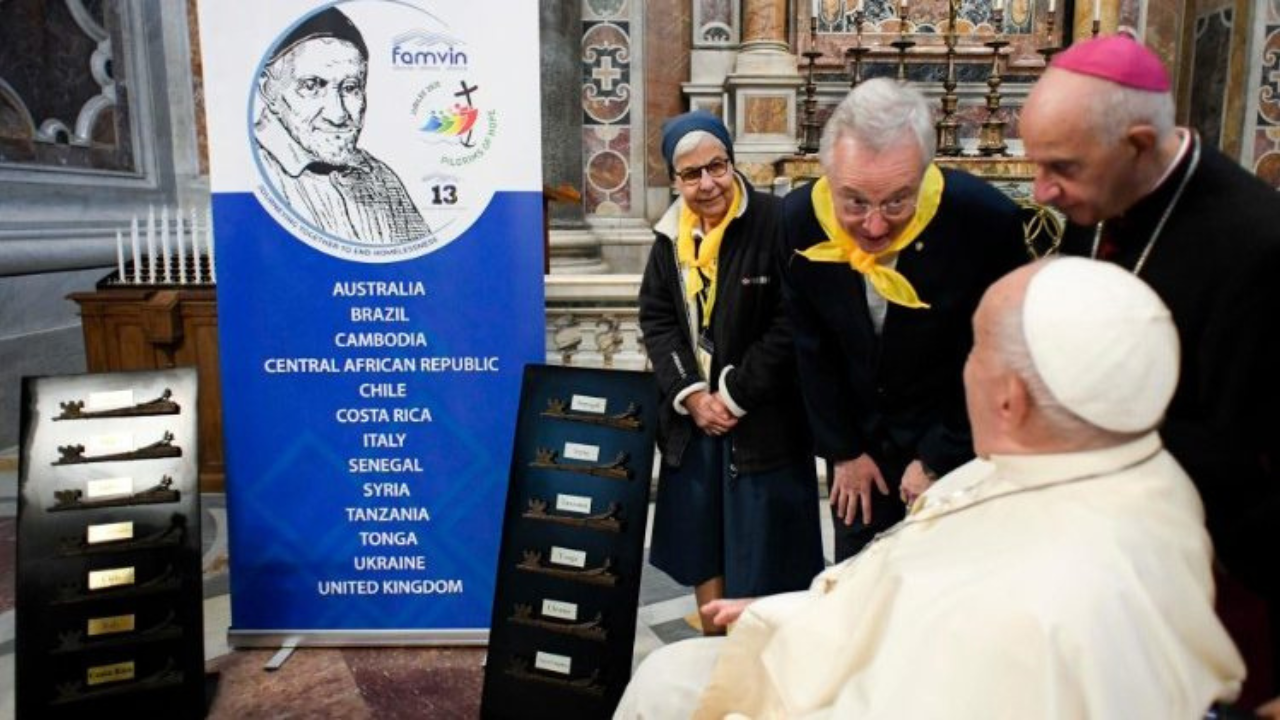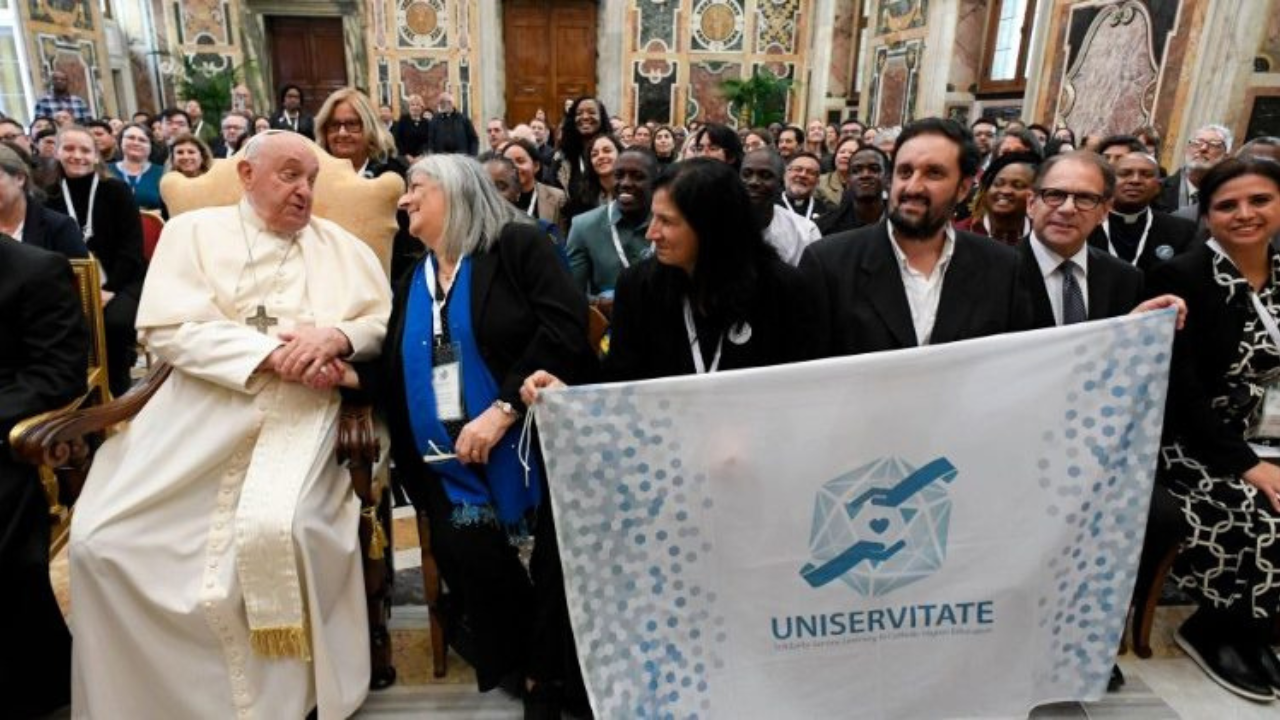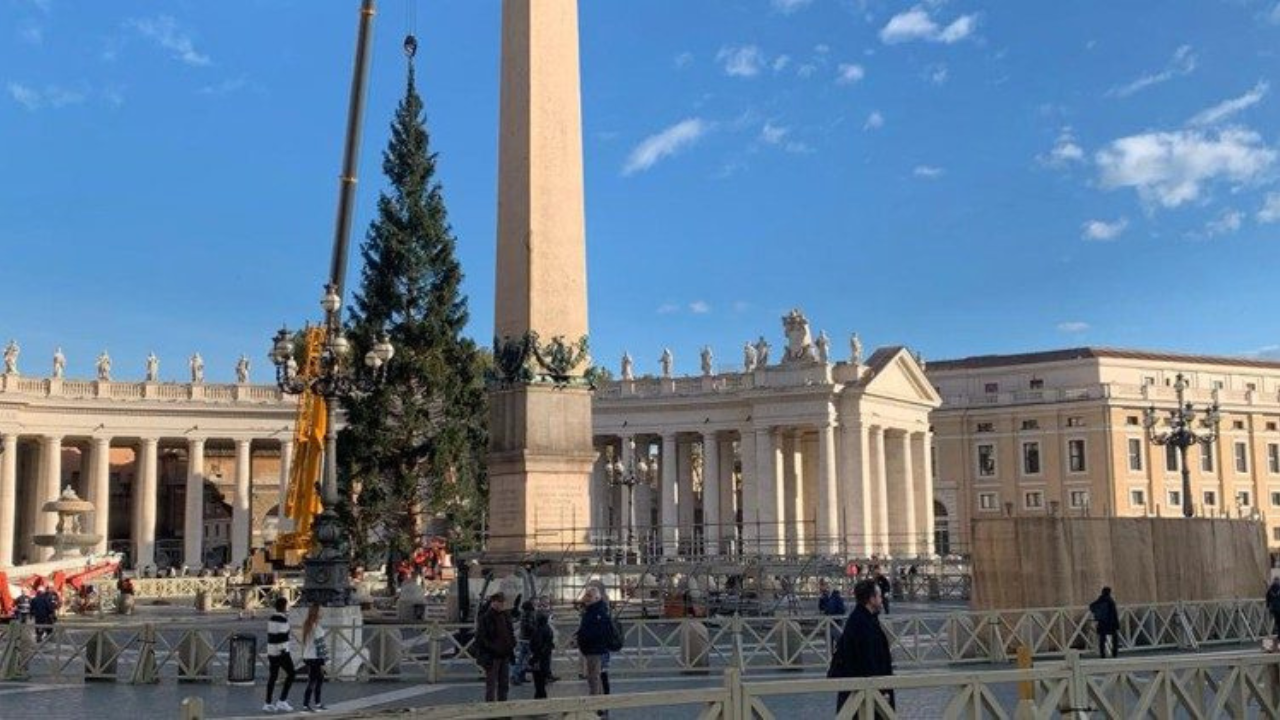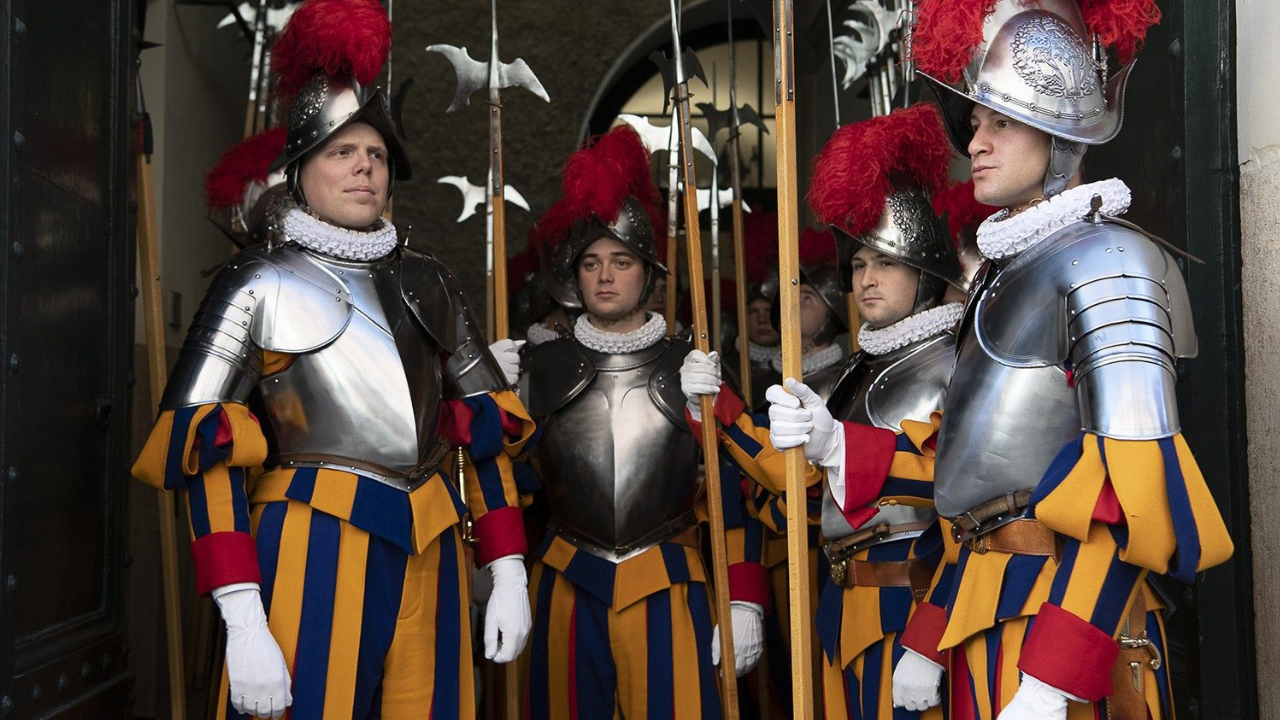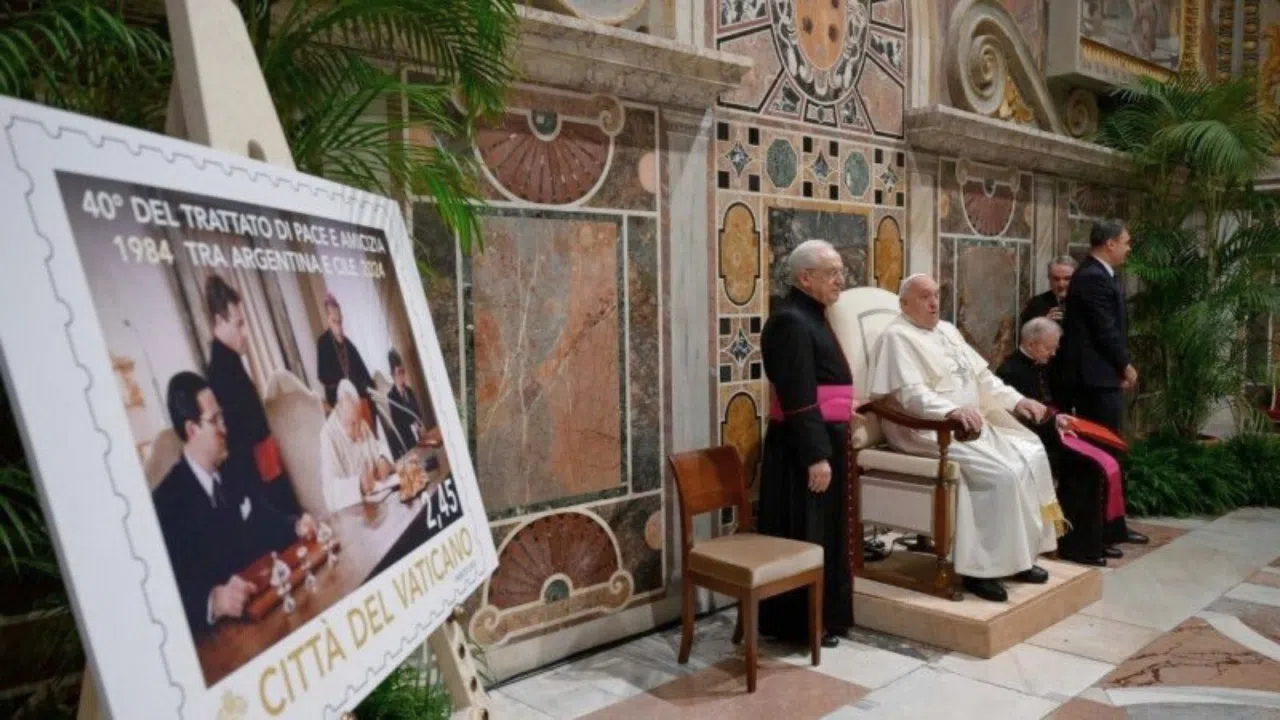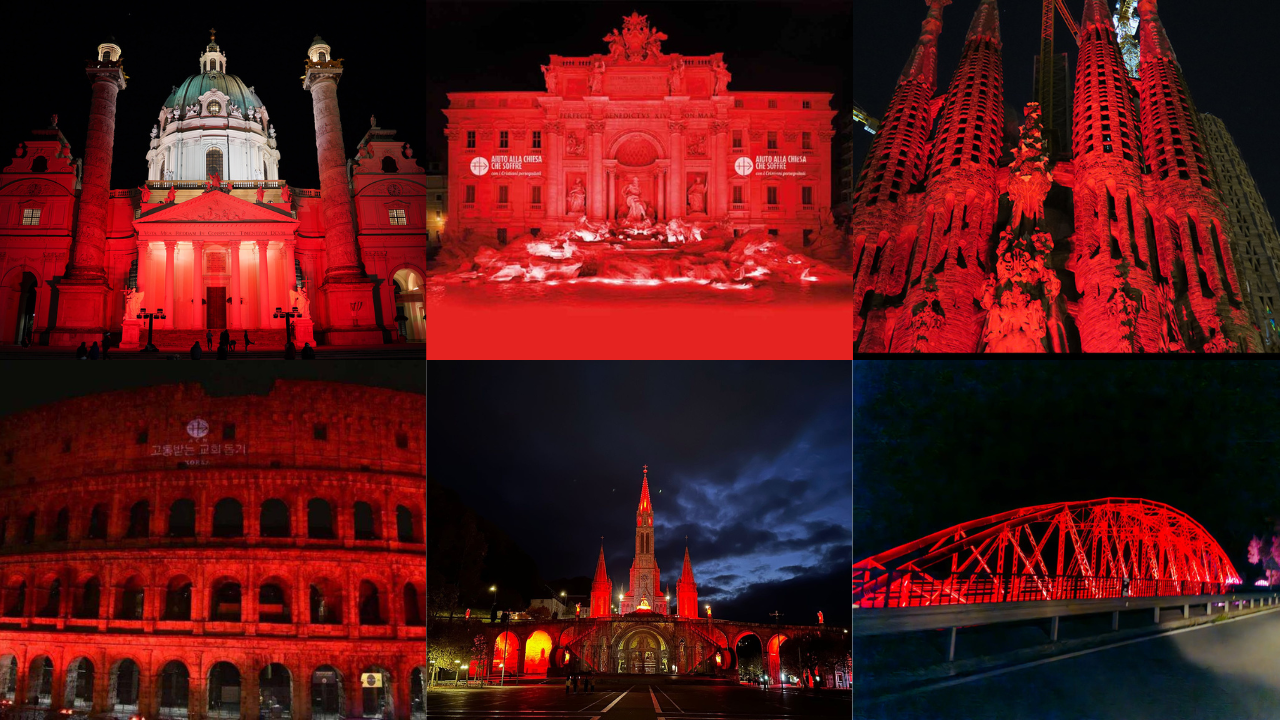Most refugees transiting the Balkan route are women and children. Their number has grown dramatically. While in 2015, 70 percent were men now 80 percent of these refugees are women and children.
And many of them are here held in Idomeni, on the border between Greece and Macedonia, yet they are being denied entrance into Europe. This is the case with Nisrine and her five children. For the past two weeks, she has been dealing with the realities of her current European hell, while dealing with escaping the Syrian hell she left behind.
NISRINE SHIKO
Syrian refugee
'I feel it is impossible to live here with my children. I canâ??t bear it. I have been here for ten days. I havenâ??t had a single nights rest. They sleep, I donâ??t.â?
While waiting for a solution, she looks at the photos that she has managed to take with her. These are the few remaining memories of a life that will not return and that seems not to matter to those who have built a wall for her.
NISRINE SHIKO
Syrian refugee
'Itâ??s difficult with five children. Yesterday when it rained, my children were all soaked, the blankets were soaked. I dried my children, I put them to bed. And I havenâ??t slept since.â?
Nisrine is a widow. Her husband was killed three years ago with a bomb in Aleppo, one of the cities hardest hit in the five years of armed conflict.
NISRINE SHIKO
Syrian refugee
'It's hard. She was a housewife before and my husband was everything to me. And now I am both mother and father at the same time. It's very hard.â?
There are about 2.5 million refugee children as a result of the war in Syria. Many others have died in the crossfire or even hunger and others have been used as child soldiers.
AC/YA
unifeed
-JM
-PR
up:FV
